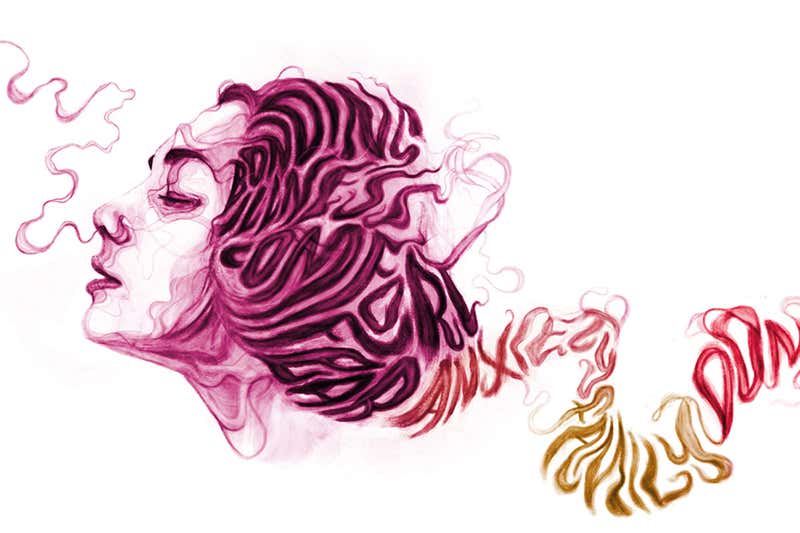Peter Strain
I AM standing in a bright and airy converted barn in the English countryside sniffing vials of pure armpit odour. The contents of these five tiny bottles are so pungent they actually knock me back. I’m getting top notes of cheeses – stinky as they come – lots of sulphurous onion and a hit of ammonia. The least offensive has a citrusy undertone. The bottles are provided by Camille Ferdenzi of the French National Centre for Scientific Research (CNRS) in Lyon, whose work includes recruiting volunteers to sniff sweaty T-shirts. Clearly, studying human smells isn’t for the squeamish.
Our bodily scents provide a channel of communication that evolved to help us survive and thrive, and in recent years Ferdenzi and others have revealed this language to be far richer than we realised. We have now discovered that each person’s scent is unique – not even identical twins smell exactly alike. Each of us also has a one-of-a-kind nose for smells. What’s more, we have learned that scents wafting from our bodies and wisping into our nostrils help us to forge family bonds and draw us to partners, divert us from danger, illness and aggression, and even allow us to sniff other people’s happiness.
Yet throughout history and across cultures, people have scrubbed, perfumed and deodorised to disguise their natural smells – perhaps never more than today. “Every day, we control our olfactory image,” says Ferdenzi. If these smells are such a powerful form of communication, our aversion to them is puzzling. And recent evidence suggests we are getting less stinky and losing the ability to detect certain scents. What the smell …
Source: Your body’s hidden language: How smell reveals more than you ever knew | New Scientist













